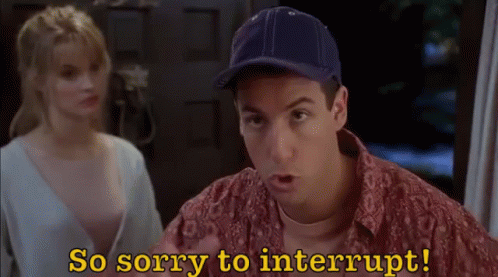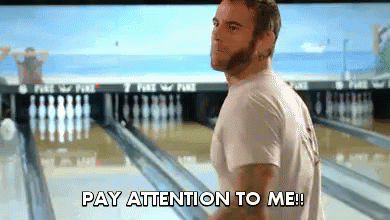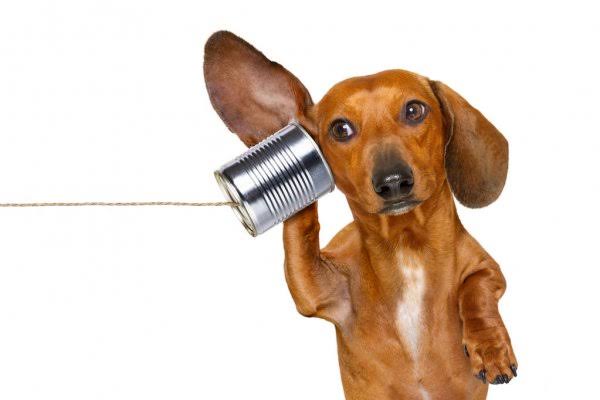Listening is an art that requires attention over talent, spirit over ego, others over self”.
Dean Jackson
Active listening is an underrated skill in communication. In the world of today, the noise is endless. Everyone seems to have an opinion about everything and it’s actually hard to be heard above the din.
The social media space is a graphic illustration in lieu of this. All you need to do is scroll down your timeline. Voilá! You’re bombarded with the “thoughts” of your contacts as they express themselves online.
Unfortunately, communication is always discussed from the angle of speaking; rarely from the angle of listening. I can’t count the number of trainings available for curating presentation skills, mastering the art of eloquent conversation, public speaking yadayadayada…
Have you ever heard of a listening class? Your guess is as good as mine. The truth however, is that the role of active listening in communication can never be downplayed. The impact of poor listening skills is largely evident in the decadence of interpersonal relationships over the years: high divorce rate, dismal employer-employee relationships, anti- people governmental policies, depression, suicide… The list is endless.
Here are 5 ways to become a better listener.
 MAKE A RESOLUTION NOT TO INTERRUPT.
MAKE A RESOLUTION NOT TO INTERRUPT.
Picture yourself downloading a file. Suddenly you open another page. By the time you’re back in the “download page”, it says download paused. That’s exactly what happens when our randomly interrupt the speaker. By butting into the conversation, you mess with their train of thoughts and this doesn’t bode well for the information they are trying to pass across.
 FACE THE SPEAKER AND MAINTAIN EYE CONTACT
FACE THE SPEAKER AND MAINTAIN EYE CONTACT
This is easier if you try to picture what the speaker is saying as they’re speaking. Looking “hither and thither” would only make the speaker feel less inclined to say more or go deep.
 GET RID OF DISTRACTIONS
GET RID OF DISTRACTIONS
I personally admire people who make a point of putting their phones away during a conversation. It is a loud statement that’s emphasizing interest, curiosity and respect. As much as you can, keep your attention focused on the speaker, not your phone, your hair or suit lapel.
 BE MINDFUL
BE MINDFUL
It’s easy for the mind to wander while listening, most especially if you’re new at the whole “active listening” thing. To keep your mind centered on the speaker, pay attention to their facial expressions and non verbal cues. There’s always a load of information to garner from non verbal communication. You should also try to repeat the words of the speaker in your head. It’s really embarrassing to realize that you’ve “slipped” and can’t seem to follow the speaker anymore. The more you practice however, the better you get.
 LISTEN WITH AN OPEN MIND
LISTEN WITH AN OPEN MIND
This is particularly difficult during a debate or an argument. You might find yourself listening to respond. This leads to selective hearing and when your emotions get tangled up in what you’re listening, you would certainly hear amiss. One major rule of thumb is to never assume. Always ask questions just to be sure. What you feel they are implying might be different from what they are trying to pass across.
There is nothing that builds trust, mutual respect and intimacy as much as active listening does. When you truly listen;both for verbal and non-verbal communication, you get to enjoy the far reaching benefits.
LISTENING IS AN ESSENTIAL PART OF A GOOD CONVERSATION. For you to truly enjoy the dividends of active listening, you’ve got to be genuinely interested. An interested person is an interesting person. Don’t listen too hard, all you need to do is to build a healthy level of interest in the speaker and what they are saying.
Don’t just know about the theoretical concept of listening as an art; practice it.


